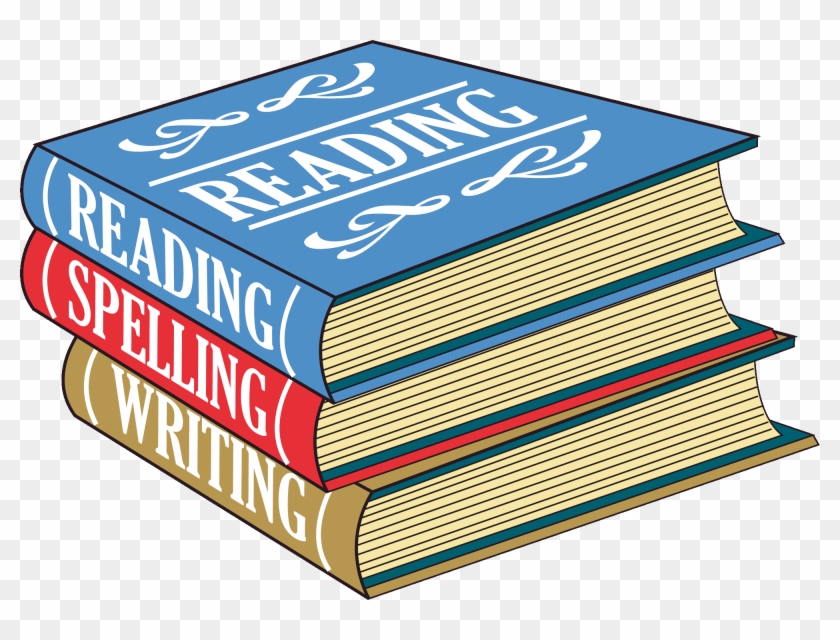Depois me conte nos comentários como foi a sua experiência.
Have fun and keep practicing!
🎧 Tense Practice Drills: Past – Present – Future
Self-study practice - Audio
🔁 Repetition Drill
First listen to the example. Then, pause the recording and repeat. After that, listen to the example again.
I work from home.
Pause the recording and repeat.
✅ I work from home.I worked from home yesterday.
Pause the recording and repeat.
✅ I worked from home yesterday.I’ll work from home tomorrow.
Pause the recording and repeat.
✅ I’ll work from home tomorrow.She takes the train.
Pause the recording and repeat.
✅ She takes the train.She took the train last night.
Pause the recording and repeat.
✅ She took the train last night.She’ll take the train next time.
Pause the recording and repeat.
✅ She’ll take the train next time.We eat dinner at 8.
Pause the recording and repeat.
✅ We eat dinner at 8.We ate dinner at 9 last night.
Pause the recording and repeat.
✅ We ate dinner at 9 last night.We’ll eat earlier tomorrow.
Pause the recording and repeat.
✅ We’ll eat earlier tomorrow.
🔄 Substitution Drill
Listen to the prompt. Pause the recording and make the necessary changes to the sentence. Then listen to the new sentence.
Pay attention to the example:
Prompt: I walk to the office. (You?)
You say:
✅ You walk to the office.I walked to the office. (She?)
Pause the recording and answer.
✅ She walked to the office.I’ll walk to the office. (They?)
Pause the recording and answer.
✅ They’ll walk to the office.He studies every night. (We?)
Pause the recording and answer.
✅ We study every night.He studied last week. (They?)
Pause the recording and answer.
✅ They studied last week.He’ll study tomorrow. (You?)
Pause the recording and answer.
✅ You’ll study tomorrow.
❓ Question & Answer Drill
In this practice you’ll provide answers that are true about you. Then, you’ll listen to the suggestion given.
Pay attention to the example:
You’ll hear a question: What do you do on weekends?
You pause the recording and answer with your own personal information.
Then, you listen to the suggestion given: ✅ I go hiking and relax at home.What did you do last weekend?
Pause the recording and answer.
✅ I visited my family and watched a movie.What will you do next weekend?
Pause the recording and answer.
✅ I’ll travel to the beach and read a book.
⏳ Mixed Tense Drill
Now you’ll listen to a prompt and use it to produce a sentence in the present, past and future. Listen to this example:
Prompt (to watch a movie)
You stop the recording and respond:
✅ I watch a movie every Friday.
✅ I watched a movie last Friday.
✅ I’ll watch a movie next Friday.
Then, you listen to the answers given.
Prompt: (to have lunch with my team)
Pause the recording and answer.
✅ I have lunch with my team on weekdays.
✅ I had lunch with my team yesterday.
✅ I’ll have lunch with my team tomorrow.
Prompt: (to work on a report)
Pause the recording and answer.
✅ I work on a report every morning.
✅ I worked on a report yesterday afternoon.
✅ I’ll work on a report later today.
Prompt: (to travel for work)
Pause the recording and answer.
✅ I travel for work twice a month.
✅ I traveled for work last week.
✅ I’ll travel for work next Monday.
Prompt: (to call a client)
Pause the recording and answer.
✅ I call a client every day.
✅ I called a client this morning.
✅ I’ll call a client after lunch.
Prompt: (to attend a meeting)
Pause the recording and answer.
✅ I attend meetings regularly.
✅ I attended a meeting yesterday.
✅ I’ll attend a meeting tomorrow morning.


